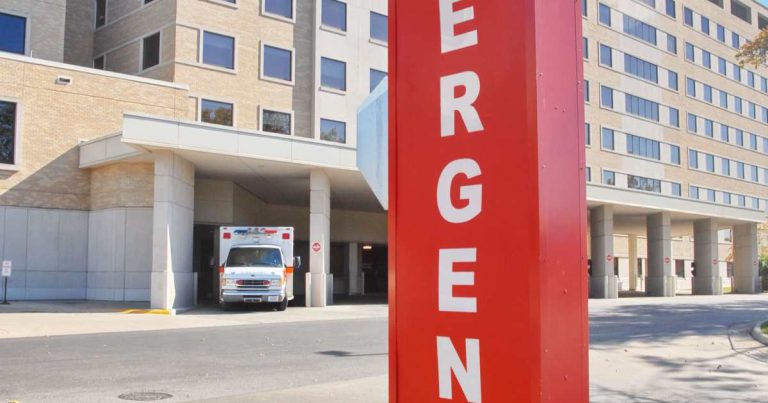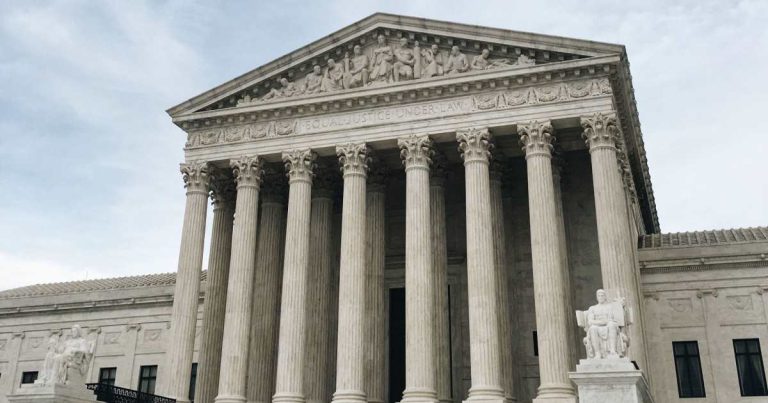Medicaid in Virginia
The struggle continues in the Virginia legislature over whether the state should participate in that section of the Affordable Care Act that provides expanded health insurance coverage for the poor and working poor. My purpose is to set the controversy in the context of the law passed by Congress in March, 2010, then bring the reader up to date on Medicaid expansion in Virginia, and finally, share reasons why experts believe Virginia should embrace this opportunity to provide health care for 400,000 of our fellow citizens.
The purpose of The Affordable Care Act was to answer a three-part question: How do we create a health-care system that covers everyone with higher quality care at a lower cost? Note the three parts to the question: (1) Inclusion. How do we include every citizen? Can we all go to the doctor, get good hospital care, and receive the most effective treatment? (2) Quality. How can we improve the quality of health services for every American, from the poorest to the richest? How can we improve the nation’s health? (3) Cost. How can we lower the cost, or at least dramatically curb the rate at which health costs are climbing? How can we get costs under control?
Until the new health-care law only a portion of those below the poverty line were actually enrolled in Medicaid. The new law not only seeks to include all who qualify but also extends coverage to the working poor who pay on a sliding scale the amount they can afford, up to 137% of the poverty line. Both of these groups simply do not make enough money to pay for expensive medical care offered in today’s marketplace. The least expensive way to cover this population is with the Medicaid model. Many states are choosing large contracts that cover a specific population for a set sum. This model encourages providers to control costs, since they share in the saving, along with the government.
The Medicaid section of the law was set to go into effect in all 50 states—until the U.S. Supreme Court ruled that states could not be required to participate. That ruling set off a debate in the states which resulted in a rejection of expanded Medicaid funding in many states with Republican governors and legislatures.
Virginia has strong advocates for participating but also a strong push by many Republicans to opt out. The issue has not been settled. Rather, the General Assembly set strict conditions to be met before the state could participate. It then set up the Medicaid Innovation and Reform Commission (MIRC) to insure these reforms were met before Medicaid could be expanded in Virginia. MIRC is the gatekeeper and must vote to approve Medicaid expansion after the Virginia Department of Health and Human Services meets all the conditions of reform. The legislature stipulated, further, that 60% of both Senators and Delegates must vote in favor of expansion.
On December 17, MIRC met for the last time in 2013. The changed context was the election of Governor Terry McAuliffe, who pledged strong support for participating…He also reappointed Dr. Bill Hazel, Secretary of Health and Human Services in the McDonnell administration. Dr. Hazel spoke of his significant progress in meeting the terms for participation and indicated his department is on track to complete them by proposed deadlines.
Dr. Len Nichols, an economist from George Mason University, spoke of the projected cost to the state by the year 2022 if we opt out, and the cost if we participate. If Virginia expands Medicaid, he said, it will cost the state $285 million and if the state does not expand, it will cost Virginia $1.6 billion. Dr. Nichols concluded that beginning January 1, Virginia will begin to lose $5 million a day for each day we do not expand Medicaid.
Dr. Ron Manderscheid from the Johns Hopkins School of Public Health pointed to the obvious: when poor people use emergency rooms for care there are worse outcomes for patients because there is no preventive attention to problems before they reach crisis proportions. He noted that Medicaid expansion is focused on prevention and wellness and is far less costly.
Hospitals and health insurance companies support expansion. Providing health insurance for the poor relieves hospitals the necessity of paying for their emergency care while passing part of that cost to those of us who pay for policies. Insurance companies agreed to other terms of the Affordable Care Act based on their understanding that they would get approximately 32 million new clients. Without the Medicaid clients their profits will be diminished substantially.
Supporting Medicaid expansion in Virginia is good for the poor who get continuing health care, for hospitals and insurance companies, and it saves enormous sums for private citizens and the state of Virginia.





